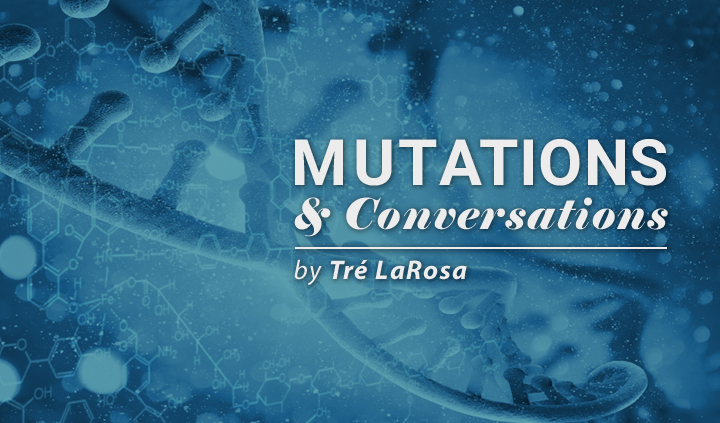The Long-term Effect of Disability Language
Written by |

The life of a person with CF is constantly affected by language. A common debate in the community is how best to label us. Is it better to call someone a CFer or a person/adult/child with CF?
To some, CFer means their life is singled down to one identifying characteristic, the one they already have to think about so much. To others, CFer is empowering. On the other hand, there are people who view the phrase “person with CF” negatively: It implies that CF is something we carry with us, a type of baggage that follows us instead of it being a part of our lives. (My colleague wrote a fantastic column on this.)
Language is important on both a macrocosmic and microcosmic scale. It’s important that each individual has the authority and autonomy to tell others how they want to be identified. If either phrasing makes someone feel inferior or inadequate, it’s important that we make efforts to use the correct phrasing in their context. On a bigger scale, it’s crucial that news publications, legislators, experts, and whoever else is talking about a population of people are constantly updating their lexicon to keep up with changing feelings in the community.
With a chronic disease, we don’t get time off. And for many, one of the biggest priorities is being an advocate and activist on behalf of their disease community. It can get tiring when you’re trying to distill complicated phenomena into terms that somebody who is not adversely affected can understand. Disability language can be difficult.
Ask questions and share your knowledge of Cystic Fibrosis in our forums.
Think about how you talk to yourself when you do something well. Do you compliment yourself? Or do you dismiss your own accomplishment, instead attributing it to luck or to another reason outside of your control? When you make a mistake, are you immediately harsh on yourself? Do you assume it’s all your fault instead of believing it may have been less in your control than you’re admitting? (The best way to properly gauge your responses is by hypothetically comparing how you respond to yourself versus how you respond to a friend who does the same thing.)
Now extrapolate that language. Imagine instead that it isn’t your own internal voice that is complimenting or criticizing. Think about if it were a friend, coach, or parent. Most times, we use jarring, demonizing language whenever we make mistakes, and distancing, dismissing language whenever we do well. How would that constant torrent of unfair criticism and lack of praise feel if it were from somebody you looked up to and cared about? For most people, I believe this isn’t a hard thing to imagine. A lot of people already have someone continuously being unfairly hard on them.
With disability language, this can be how it starts to feel. Since our lives are bracketed by doctor’s appointments, test results, scans, and comorbidities, the language we use to talk about our bodies is dehumanizing. It becomes so that we believe our bodies are intentionally working against us. Our society is ableist: It is not meant for people who do not fit the health status quo. When you have lawmakers and representatives arguing that some people should have to pay more for healthcare, or who shouldn’t have access to better disability accommodations in the workplace, it can make you feel like less of a person.
It isn’t our choice to have these conversations. We have these conversations because it is necessary to move society in the direction of a more accepting, tolerant place. We want to get to a place where we don’t have to feel sorry about saying it hurts when people don’t believe that wanting better access to care is a right in a society so full of riches. We want to get to a place where the burden of CF is on physical care, and the mental toll is reduced. I won’t apologize for that.
Follow along with my other writings on my humbly named site, www.trelarosa.com.
***
Note: Cystic Fibrosis News Today is strictly a news and information website about the disease. It does not provide medical advice, diagnosis, or treatment. This content is not intended to be a substitute for professional medical advice, diagnosis, or treatment. Always seek the advice of your physician or other qualified health provider with any questions you may have regarding a medical condition. Never disregard professional medical advice or delay in seeking it because of something you have read on this website. The opinions expressed in this column are not those of Cystic Fibrosis News Today, or its parent company, Bionews Services, and are intended to spark discussion about issues pertaining to cystic fibrosis.







Leave a comment
Fill in the required fields to post. Your email address will not be published.